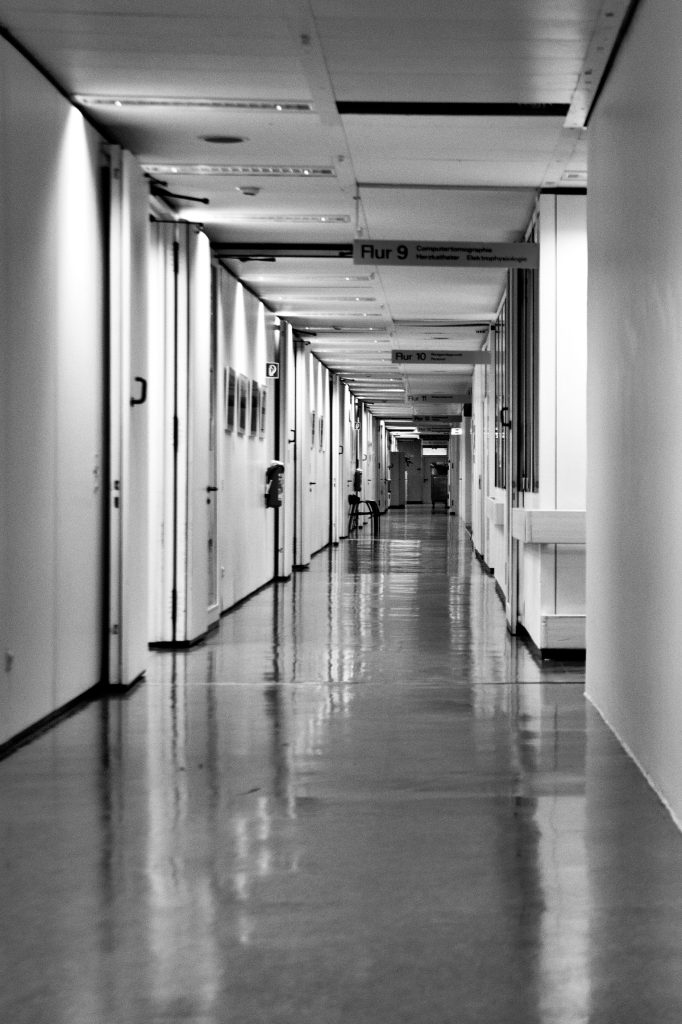 Personal injuries occur every day in society and should be taken seriously. Yet, courts must judge the importance of each accident. As a result, not all injuries are ruled in favor of the injured individual. A lawyer representing an injured person must investigate the circumstances and facts surrounding the injury with due diligence. The lawyer must show the court that his client’s case should be heard because the evidence says so. However, when video evidence of a slip and fall injury in a hospital is not obtained, should a court allow the lawyer to continue investigating his client’s accident? A case out of Baton Rouge explores this question and reminds lawyers of their responsibility to act diligently in attaining evidence for their clients.
Personal injuries occur every day in society and should be taken seriously. Yet, courts must judge the importance of each accident. As a result, not all injuries are ruled in favor of the injured individual. A lawyer representing an injured person must investigate the circumstances and facts surrounding the injury with due diligence. The lawyer must show the court that his client’s case should be heard because the evidence says so. However, when video evidence of a slip and fall injury in a hospital is not obtained, should a court allow the lawyer to continue investigating his client’s accident? A case out of Baton Rouge explores this question and reminds lawyers of their responsibility to act diligently in attaining evidence for their clients.
Bobbie Davis Cole was visiting her sister, a Baton Rouge General Medical Center (BGR) patient. When Ms. Cole entered the hospital, she slipped and fell on a slippery substance on the floor and was then helped by the security guard. Ms. Cole filed a lawsuit against BGR, claiming the security guard told her that others had fallen in the same area she had.
BGR moved for summary judgment. A summary judgment would allow for the dismissal of the case. In filing this motion, BGR argued that Ms. Cole could not prove a foreign substance on the hospital floor injured her. Ms. Cole took the testimony of the security guard, who asserted he looked at the video camera footage and did not see anything on the floor. At the hearing for summary judgment, Ms. Cole filed a motion of continuance, which would allow her to continue the discovery process, contending that she was not ready to go forth with the hearing without having the surveillance video of her fall. The trial court denied her continuance motion and granted the hospital’s summary judgment dismissing Ms. Cole’s case. An appeal of the ruling followed.
 Louisiana Personal Injury Lawyer Blog
Louisiana Personal Injury Lawyer Blog


 It’s reasonable to want to feel safe at work, no matter your job. Employers must keep their employees free from unnecessary danger and generally provide a safe working environment. Even given this duty, the law doesn’t always hold them responsible for the actions of criminals. A recent lawsuit out of Lafayette discusses the principles court asses to determine what remedies are available to employees when crime happens.
It’s reasonable to want to feel safe at work, no matter your job. Employers must keep their employees free from unnecessary danger and generally provide a safe working environment. Even given this duty, the law doesn’t always hold them responsible for the actions of criminals. A recent lawsuit out of Lafayette discusses the principles court asses to determine what remedies are available to employees when crime happens.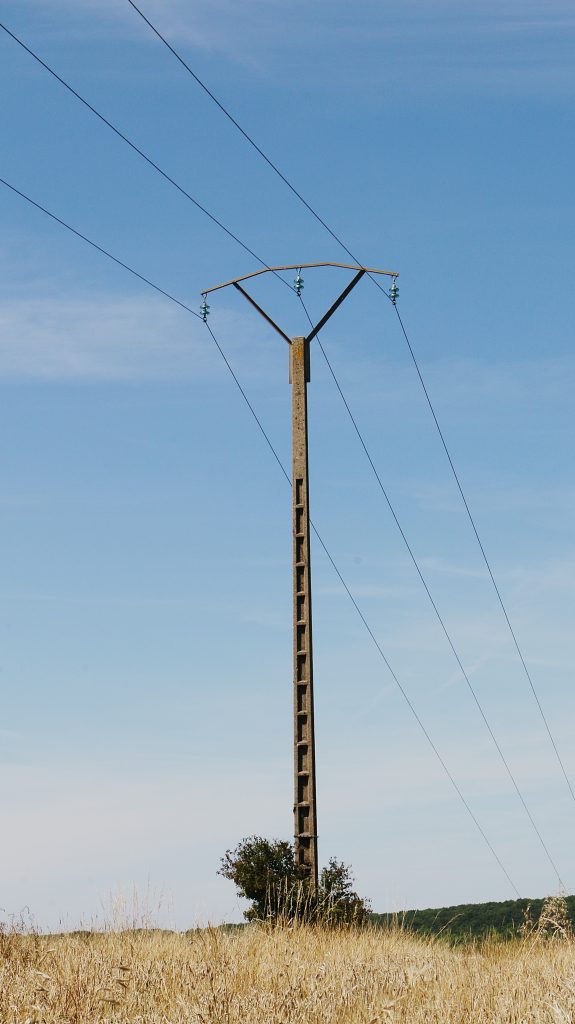 Have you ever noticed that running alongside power lines are other types of cables? They are not easily distinguishable from one another, but communication lines and support lines also run along our electricity source. Looking so similar, it would be hard for an ordinary person to tell to whom each line belonged. One New Orleans man’s inability to determine the owner of such a wire almost prohibited him from filing a lawsuit against a well-known communications company.
Have you ever noticed that running alongside power lines are other types of cables? They are not easily distinguishable from one another, but communication lines and support lines also run along our electricity source. Looking so similar, it would be hard for an ordinary person to tell to whom each line belonged. One New Orleans man’s inability to determine the owner of such a wire almost prohibited him from filing a lawsuit against a well-known communications company. 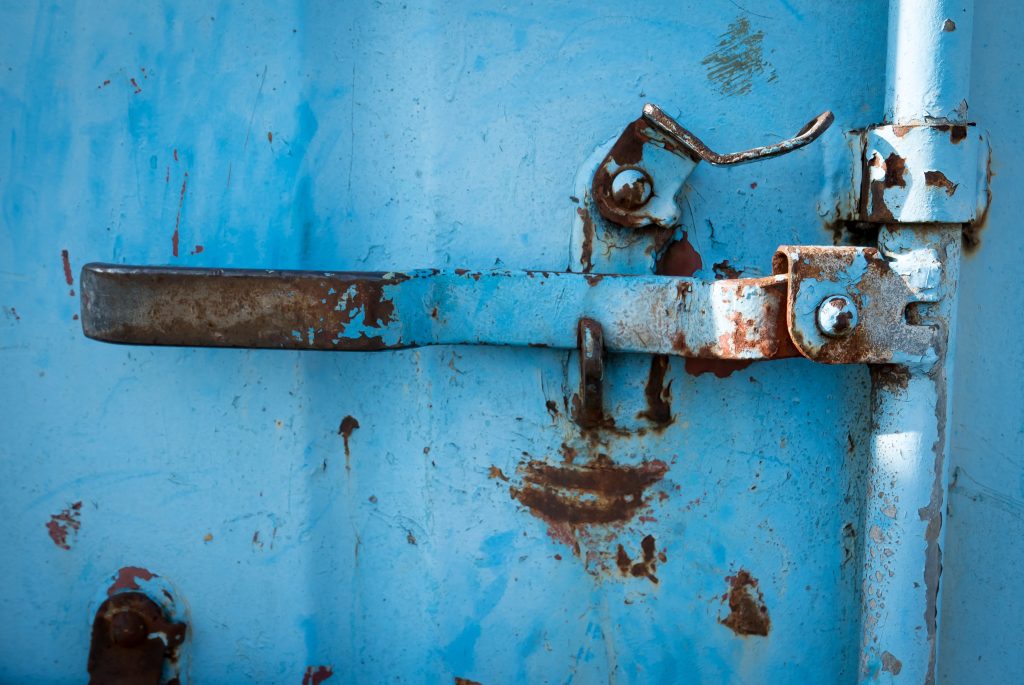 Imagine getting hurt on the job, seeking help from a good attorney, following all the court’s requirements, and still having all your claims denied because your opponent did not appear for a deposition. For Raymond Schultz (“Schultz”), an employee of Blanchard Contractors, this scenario became his reality after the
Imagine getting hurt on the job, seeking help from a good attorney, following all the court’s requirements, and still having all your claims denied because your opponent did not appear for a deposition. For Raymond Schultz (“Schultz”), an employee of Blanchard Contractors, this scenario became his reality after the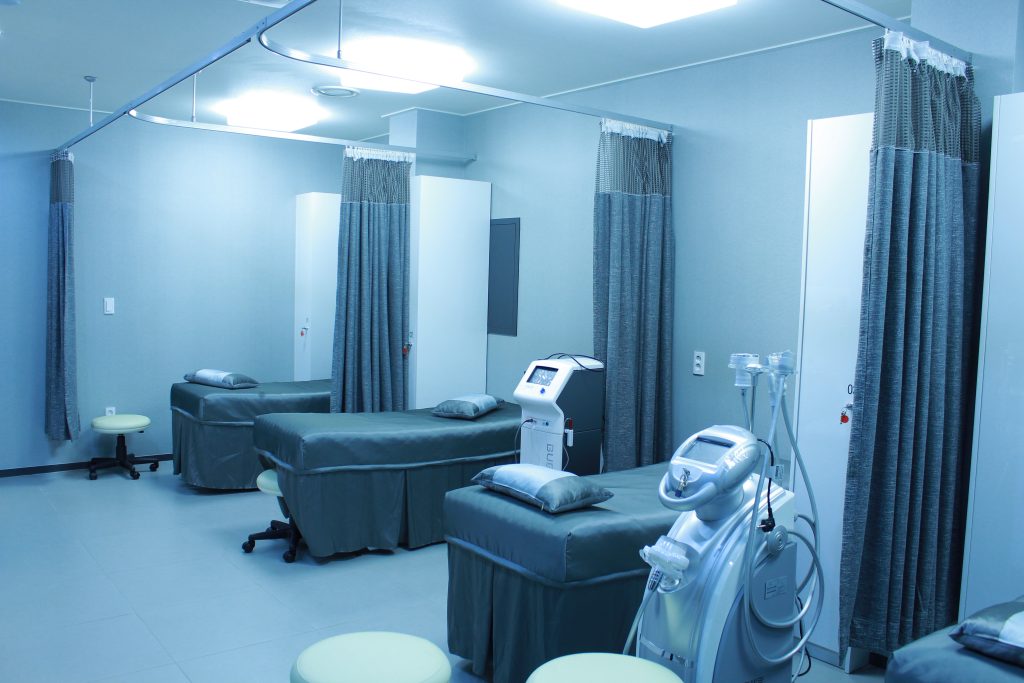 Sickness often begets a doctor’s visit, and sometimes severe illness calls for a trip to the emergency room. So when parents, David Pitts, Jr. and Kenyetta Gurley, arrived at Hood Memorial Hospital in Amite City, Louisiana, with their daughter, Lyric, it’s likely neither expected to leave there without their daughter’s health restored.
Sickness often begets a doctor’s visit, and sometimes severe illness calls for a trip to the emergency room. So when parents, David Pitts, Jr. and Kenyetta Gurley, arrived at Hood Memorial Hospital in Amite City, Louisiana, with their daughter, Lyric, it’s likely neither expected to leave there without their daughter’s health restored.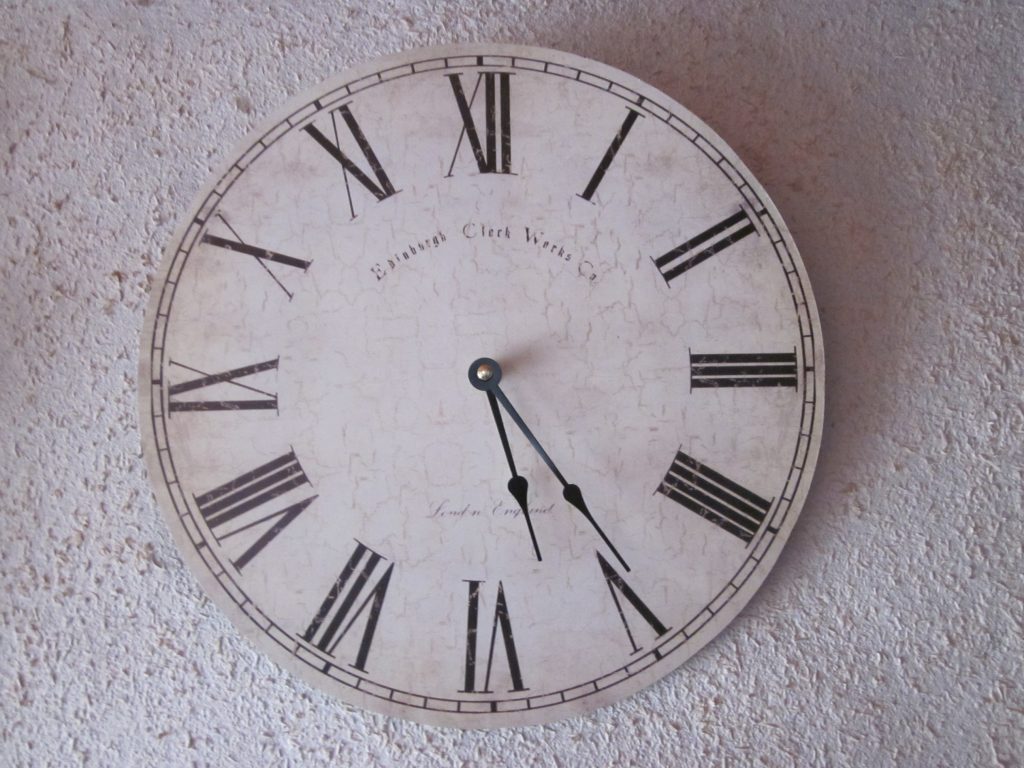 Timing is always important; however, in legal matters, it determines whether you can even bring a lawsuit to the courts. In most states, the time frame to bring lawsuits is called the statute of limitations, and in Louisiana, it is called prescription. Generally, you have one year to file a lawsuit. However, that time period can change depending on several factors. The intricacies of prescription recently resulted in dismissing a case out of the Florida Parishes.
Timing is always important; however, in legal matters, it determines whether you can even bring a lawsuit to the courts. In most states, the time frame to bring lawsuits is called the statute of limitations, and in Louisiana, it is called prescription. Generally, you have one year to file a lawsuit. However, that time period can change depending on several factors. The intricacies of prescription recently resulted in dismissing a case out of the Florida Parishes.  Imagine you were just in an accident, and you pulled over on the shoulder of the interstate highway. Traffic is roaring in your ears, the wind is whipping past your face, and you can feel the congested car flows as your tires buzz. Luckily, you are not injured. As you are waiting for the police to arrive, another collision happens right beside you two. Brakes are being slammed, and horns are being blown, but the chain reaction is just unstoppable. A third car darts into the road shoulder, toppling the vehicle behind you and slamming it in your direction. You are hit again.
Imagine you were just in an accident, and you pulled over on the shoulder of the interstate highway. Traffic is roaring in your ears, the wind is whipping past your face, and you can feel the congested car flows as your tires buzz. Luckily, you are not injured. As you are waiting for the police to arrive, another collision happens right beside you two. Brakes are being slammed, and horns are being blown, but the chain reaction is just unstoppable. A third car darts into the road shoulder, toppling the vehicle behind you and slamming it in your direction. You are hit again. Decretal language, what on earth is it, and why is it so important? The Louisiana Third Circuit Court of Appeal recently dismissed an appeal because the trial court’s judgment lacked proper decretal language. So what are these “magic words”? Why are they indispensable for a final judgment to be given legal effect?
Decretal language, what on earth is it, and why is it so important? The Louisiana Third Circuit Court of Appeal recently dismissed an appeal because the trial court’s judgment lacked proper decretal language. So what are these “magic words”? Why are they indispensable for a final judgment to be given legal effect? It is a sadly familiar scenario: a family suffers a loss and soon after devolves to fighting over the will. The family may never imagine turning against one another, yet it happens over and over. The Youngblood family from Caddo Parish recently found themselves in such a fight.
It is a sadly familiar scenario: a family suffers a loss and soon after devolves to fighting over the will. The family may never imagine turning against one another, yet it happens over and over. The Youngblood family from Caddo Parish recently found themselves in such a fight.  Imagine an injury on a ladder, lawnmower, boat, or other manufactured product. The product might appear defective; however, is defectiveness sufficient to win a lawsuit against the manufacturer? Under Louisiana law, to prevail in a lawsuit alleging medical injuries from a defective product, a plaintiff must provide adequate medical evidence to support that the injuries likely resulted from the defective product. This is referred to as “medical causation.” Without establishing medical causation, you may not be able to recover for your injuries.
Imagine an injury on a ladder, lawnmower, boat, or other manufactured product. The product might appear defective; however, is defectiveness sufficient to win a lawsuit against the manufacturer? Under Louisiana law, to prevail in a lawsuit alleging medical injuries from a defective product, a plaintiff must provide adequate medical evidence to support that the injuries likely resulted from the defective product. This is referred to as “medical causation.” Without establishing medical causation, you may not be able to recover for your injuries.